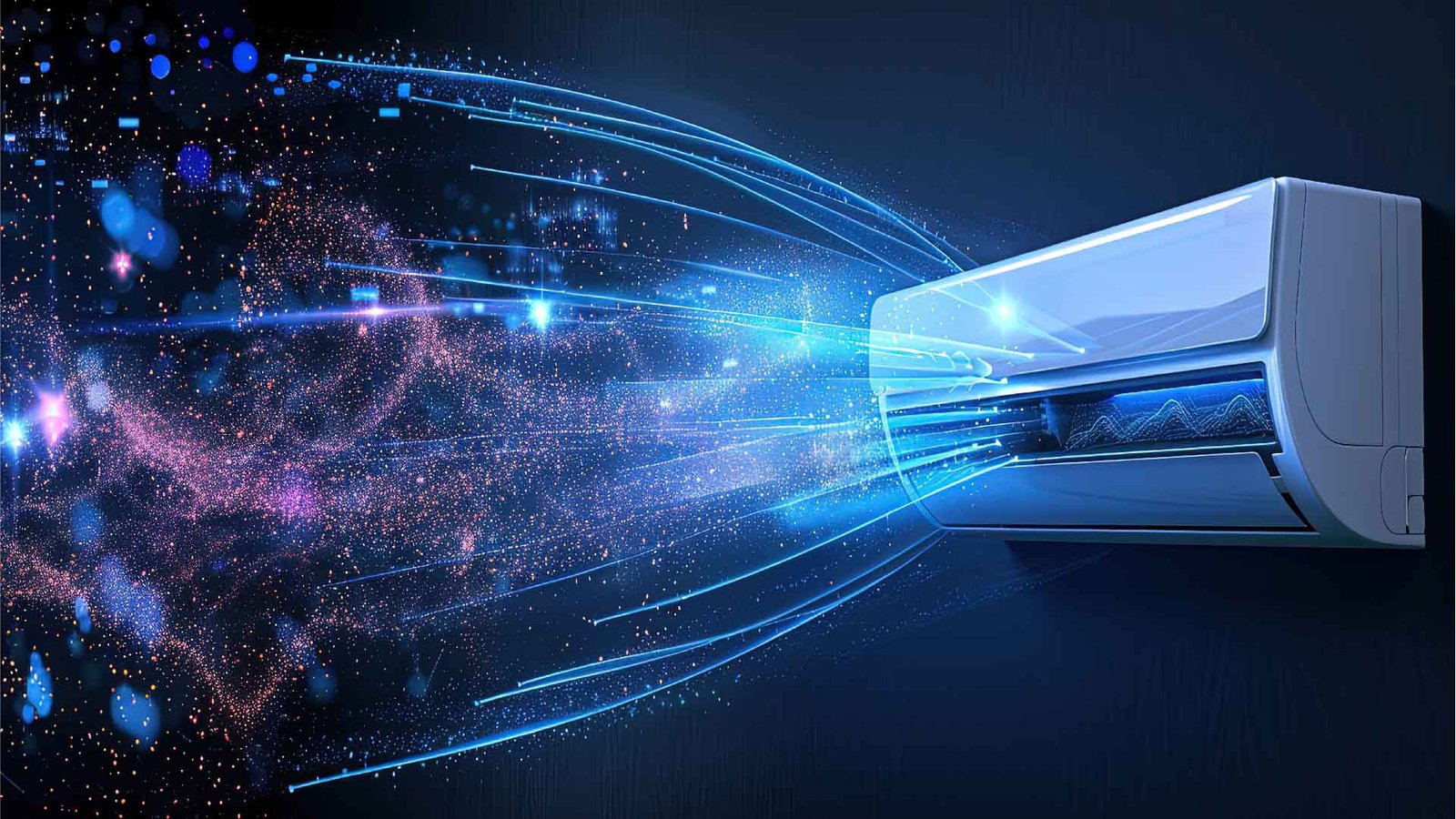
Air conditioning technology has come a long way from the days of simple temperature control. Today, we’re entering a new era of next-generation air conditioning, where smart sensors, artificial intelligence, and energy efficiency work hand in hand to deliver comfort, savings, and sustainability. These advanced systems not only keep your space cool but also think, learn, and adapt — reducing energy waste and environmental impact.
So, what makes next-gen air conditioning so different? Let’s explore how smart sensors and modern innovations are transforming the way we cool our homes and offices.
1. Smart Sensors: The Brains Behind Modern Cooling
Traditional air conditioners operate on a fixed cycle — they cool until a set temperature is reached, then shut off. Smart AC systems, however, use intelligent sensors to monitor and respond to real-time conditions.
Motion sensors detect when someone enters or leaves a room, automatically adjusting cooling power. Temperature and humidity sensors ensure consistent comfort, while sunlight sensors measure heat gain through windows and adapt cooling accordingly.
Some advanced systems even include air quality sensors, which monitor pollutants and activate purification modes when needed. By continuously analyzing data, these systems provide the perfect balance between comfort and efficiency — cooling smarter, not harder.
2. Dynamic Efficiency for Lower Energy Bills
Energy efficiency is at the heart of next-gen AC technology. Smart systems use the data collected by sensors to reduce unnecessary energy use. For instance, if no one is home, the system automatically lowers its output or switches to eco mode.
According to studies, smart AC systems can cut energy consumption by 30–40% compared to conventional units. In addition, many feature inverter compressors, which adjust speed instead of turning on and off repeatedly. This not only saves power but also reduces wear and tear, extending the unit’s lifespan.
When combined, these innovations mean lower energy bills, fewer repairs, and a smaller carbon footprint — all without sacrificing comfort.
3. Seamless Integration with Smart Homes
Modern air conditioners are now part of the growing smart home ecosystem. They connect easily to systems like Amazon Alexa, Google Home, or Apple HomeKit, allowing users to control temperature through voice commands or mobile apps.
You can turn on your AC before arriving home, set schedules, or receive maintenance alerts directly on your phone. Some models even learn your preferences over time — automatically adjusting settings based on your routine and habits.
This level of automation ensures that your AC operates only when needed, helping you stay cool efficiently while avoiding unnecessary energy waste.
4. Designed for Sustainability
As energy demands and environmental concerns grow, manufacturers are adopting eco-friendly solutions in next-gen air conditioning. Many systems now use low-GWP refrigerants that minimize harm to the planet.
Inverter technology also contributes to sustainability by eliminating the constant on-off cycling that wastes electricity. Together, these advancements make modern AC units not only smarter but also greener, aligning with global goals for energy conservation and carbon reduction.
5. The Benefits of Next-Gen AC for Homeowners
Investing in a next-gen air conditioner brings long-term rewards:
- Lower energy costs thanks to adaptive cooling.
- Extended system lifespan due to reduced mechanical strain.
- Healthier indoor air, thanks to smart filtration and air quality control.
- Enhanced comfort through consistent temperature and humidity balance.
While the upfront price may be higher, the savings on electricity and maintenance quickly offset the investment. Plus, smart ACs add value to your property — a major advantage in an increasingly energy-conscious world.
Conclusion: Smarter Cooling for a Smarter Future
Next-generation air conditioning represents the future of home comfort — intelligent, efficient, and sustainable. By combining smart sensors, data-driven automation, and energy-efficient design, these systems deliver superior cooling performance while protecting both your wallet and the environment.
As technology continues to advance, one thing is clear: the future of air conditioning isn’t just about keeping cool — it’s about doing it smarter, cleaner, and more efficiently than ever before.

